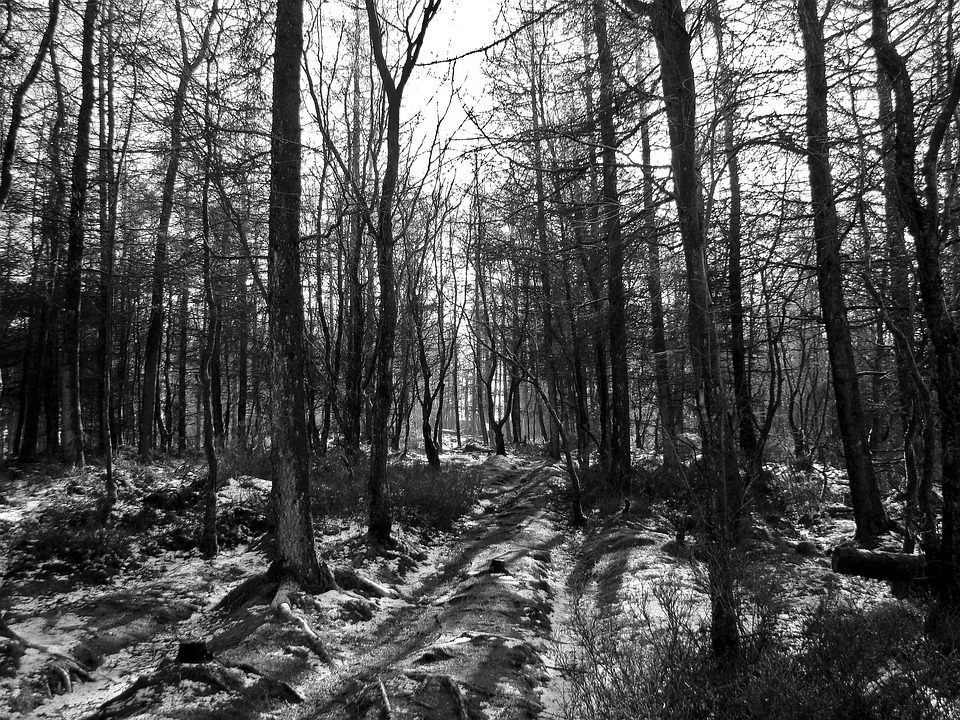Table of Contents
Chilly Adventures Await: Gear Up for Cold Weather Camping
Introduction
When it comes to camping, many people imagine sunny days, warm weather, and picturesque landscapes.
However, camping in cold weather can offer its own unique and exciting experiences.
With the right gear, preparation, and attitude, cold weather camping can be an incredible adventure that tests your skills and brings you closer to nature in a whole new way.
In this article, we will guide you through the essential preparations and gear you need to make the most of your chilly camping adventures.
Choosing the Right Gear
Cold weather camping requires specialized gear to keep you warm, protected, and comfortable throughout your trip.
Here are some essentials:
- Four-season tent: Invest in a sturdy four-season tent that can withstand harsh weather conditions.
Look for a design that offers good insulation and adequate ventilation. - Sleeping bag: Opt for a sleeping bag with a temperature rating suitable for the coldest conditions you anticipate.
Make sure it’s properly insulated and has a hood to keep your head warm. - Thermal clothing: Layering is key when camping in cold weather.
Pack thermal base layers, fleece jackets, insulated pants, and waterproof outer shells to adapt to changing temperatures. - Insulated sleeping pad: Don’t overlook the importance of insulation from the ground.
Choose an insulated sleeping pad or mattress to provide an extra barrier between you and the cold ground. - Cooking equipment: A reliable stove and appropriate cookware are essential for preparing warm meals and beverages.
Opt for lightweight and durable options.
Preparation is Key
Preparing adequately before your cold weather camping trip is crucial to ensure your safety and comfort.
Here are some tips:
- Research the location: Understand the weather conditions, terrain, and any regulations or restrictions in place.
This will help you plan accordingly. - Check your gear: Inspect all your gear and ensure everything is in working order.
Make any necessary repairs or replacements well before your trip. - Pack extra supplies: In cold weather, unexpected situations can arise.
Pack extra food, water, and clothing layers to account for any unforeseen circumstances. - Practice setting up camp: Familiarize yourself with setting up your gear, especially in challenging weather conditions.
This will save you time and effort when you arrive at your campsite.
Stay Safe and Comfortable
While cold weather camping can be exhilarating, it’s important to prioritize safety and comfort.
Take these precautions:
- Stay dry: Moisture can quickly decrease your body temperature.
Invest in waterproof gear and avoid sweating by layering appropriately. - Stay hydrated: Cold weather can dehydrate you just as much as warm weather.
Drink plenty of water and warm liquids to stay hydrated. - Watch for signs of hypothermia: Learn the signs of hypothermia, such as shivering, confusion, and slurred speech.
If anyone in your group shows these symptoms, take immediate action to warm them up. - Be cautious with fire: Cold weather may make you rely on fires for warmth.
Practice fire safety and ensure you have the necessary knowledge and equipment to handle fire responsibly.
FAQs
Q: Can I use a regular tent for cold weather camping?
A: While a regular tent may suffice for mild cold conditions, it’s strongly recommended to invest in a four-season tent designed to withstand harsher weather, offer better insulation, and provide proper ventilation.
Q: How do I choose the right sleeping bag?
A: Look for a sleeping bag with a temperature rating lower than the coldest temperature you expect to encounter.
Pay attention to insulation type, shape, and size that best suits your needs and preferences.
Q: Do I need to bring additional lighting for dark winter nights?
A: Yes, carrying extra lighting such as headlamps or lanterns is essential for safe navigation and carrying out tasks during the long dark nights of winter camping.




